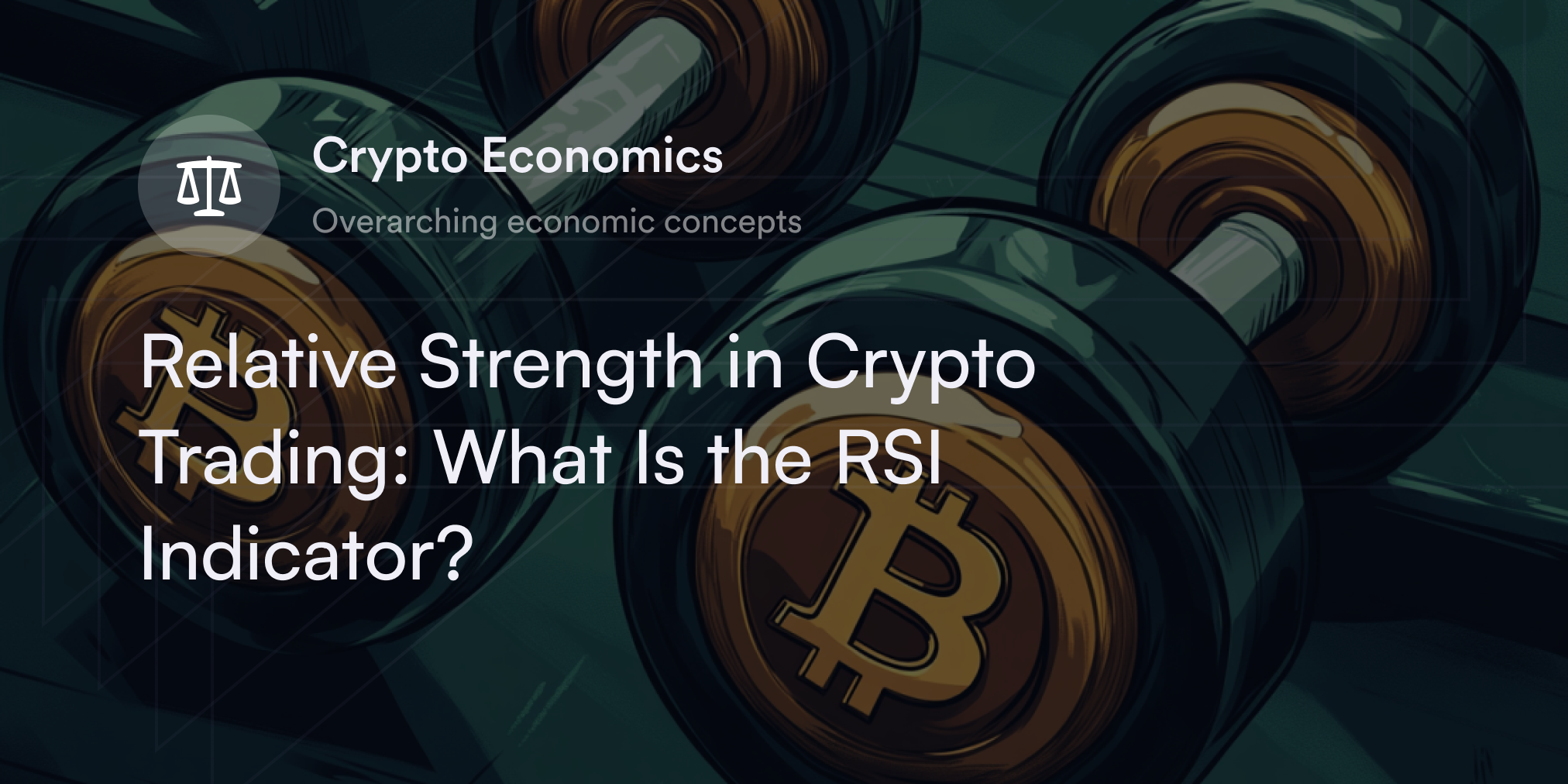


It took only two days for traders to pour a record-shattering $1 billion into BITO, the first American Bitcoin exchange-traded fund (ETF), in 2021. Besides the SPDR Gold Shares (GLD) ETF in 2004, no other ETF came even close to BITO’s market debut, highlighting the increased demand for Bitcoin (BTC) trading.
And following BITO’s successful launch, more global financial firms have started to offer Bitcoin ETFs. Some surveys suggest global traders have an insatiable appetite for these new financial products. According to ETF manager Bitwise, 90% of today’s financial advisors receive questions about whether to invest in crypto-related ETFs or not.
Crypto ETFs are becoming more mainstream, but what exactly are they, and how can traders stay safe when buying or selling them? Here’s what you need to know.
What are ETFs?
Before diving into the fundamentals of crypto ETFs, let’s first review the concept of ETFs.
Short for exchange-traded funds, ETFs are financial instruments that offer traders price exposure to various asset classes, including commodities, equities, and cryptocurrencies. Financial firms manage the investments in their ETFs and offer a share in the ownership rights by issuing shares on public markets like the New York Stock Exchange (NYSE). Traders who buy ETF shares get price exposure to the assets their fund manager has under management without having to own the asset class directly.
For example, traders buying a gold ETF like the SPDR Gold Trust add price exposure to the precious metal in their portfolios without owning physical gold bars. Since ETFs trade on regulated markets like the NYSE, they must abide by the laws for securities trading from central authorities like the U.S. Securities and Exchange Commission (SEC).
ETFs are like another investment class called “mutual funds,” except the latter has lower market liquidity since they only trade once every trading day at the end of the session. By contrast, ETFs trade constantly, making them easier to buy and sell whenever. Although ETFs haven’t been around as long as mutual funds, they have become a dominant force in global finance, with a market cap of at least $7 trillion in the U.S. market.
What are Crypto ETFs?
The only feature that sets crypto ETFs apart from other ETFs is they focus on investing in the cryptocurrency industry. Instead of buying assets related to oil, agriculture, or foreign currencies, a crypto ETF has direct exposure to some aspect of the crypto market. For instance, in the case of Bitcoin ETFs, fund managers may own actual Bitcoin or BTC derivatives like futures contracts. There are also crypto ETFs that own equity in companies closely involved in the cryptocurrency industry, such as shares in the proof-of-work (PoW) mining operations powering the Bitcoin network. As long as the assets under a firm’s management are involved in the crypto economy, their product qualifies as a crypto ETF. Every crypto ETF trades on stock exchanges like the NYSE during regular trading hours, and most charge a fee for their services.
The SEC approved the first Bitcoin ETF on the American public market—ProShares’ BITO ETF—in 2021. Although this ETF gave traders price exposure to the world’s first cryptocurrency, BITO is a futures-backed product, meaning ProShares owns Bitcoin futures contracts rather than physical Bitcoin.
Note: Spot crypto ETFs differ from futures ETFs because the former need to hold the actual cryptocurrency rather than derivative products. For example, the 21Shares Bitcoin ETF (EBTC) is a spot Bitcoin ETF, meaning asset managers at 21Shares and ETF Securities back each of their shares with literal Bitcoin in a Coinbase account. Whether futures or spot crypto ETFs are permitted depends on each country’s securities and cryptocurrency policies.
How do Crypto ETFs Work?
A crypto ETF works similarly to buying shares in a company on a stock market.
First, you need to sign up with a brokerage platform offering your preferred crypto fund. After being approved to use a trading platform, you fund your brokerage account with a bank transfer or card payment, search for a crypto ETF’s ticker symbol, and buy shares in the ETF you want. Once you have a crypto ETF in your portfolio, you pay the fund’s required fees to maintain your position.
Also, you can sell shares whenever you want during regular stock trading hours.
Pros and Cons of Crypto ETFs
Although crypto ETFs don’t give you ownership over digital assets like Bitcoin, they offer unique benefits. In some circumstances, it makes more sense to trade crypto ETFs rather than buying and selling cryptocurrencies.
Pros of Crypto ETFs
Convenient and easily accessible: Buying and selling crypto ETFs is like trading company shares on the stock market. If you’re familiar with stock investing, you may feel more comfortable relying on professional firms to manage your crypto funds rather than transferring virtual currencies to a private wallet.
Simplified taxation: Since cryptocurrencies are a new asset class, lawmakers in many nations are still formulating their taxation policies, and current tax laws vary wildly between countries. In contrast, ETFs are highly regulated financial instruments with transparent tax reporting procedures, making it easier for crypto ETF traders to report their yearly gains or losses and pay their dues.
Portfolio diversification: Some traders get interested in using crypto ETFs to enjoy digital asset exposure without dealing with the responsibilities of self-custodying coins and tokens. The increasing availability of crypto ETFs makes it easier for retail and institutional traders to diversify their portfolios with crypto assets.
Cons of Crypto ETFs
No crypto custody: Even if an ETF fund manager holds cryptocurrency in their crypto wallets, people who buy ETF shares don’t get direct access to virtual currencies. Traders can’t use a cryptocurrency ETF in new Web3 applications like decentralized finance (DeFi) or pay for goods and services on peer-to-peer (P2P) payment networks.
High counterparty risk: Because crypto ETF traders don’t literally hold digital assets in a private wallet, there’s always a risk the fund manager mishandles their clients’ money. Even if ETF companies don’t deliberately misappropriate funds, hackers might break into an ETF company’s crypto wallet or technical issues may prevent managers from accessing their crypto.
Potential price inefficiencies: Unlike owning an underlying asset like Bitcoin, ETF shares derive their market price from a firm’s holdings. Sometimes, the extra degree of separation creates price discrepancies between the market value of a cryptocurrency and a firm’s crypto holdings. Depending on the stock market’s volatility, crypto ETFs may trade for a premium or discount relative to the digital assets they track.
What are the Most Popular Crypto ETFs?
There are dozens of crypto ETFs to get involved in the digital assets sector. Whether you want direct price exposure to Bitcoin or a more diversified approach to Web3 technologies, several options exist. Here are a few of the more popular:
ProShares Bitcoin ETF (BITO): Launched in 2021, ProShares’ Bitcoin ETF was the first to offer American ETF traders price exposure to the world’s largest cryptocurrency. Although BITO mirrors the price of Bitcoin, fund managers hold Bitcoin futures contracts rather than physical Bitcoin in compliance with the U.S. SEC’s laws.
Amplify Transformational Data Sharing ETF (BLOK): Instead of investing in cryptocurrencies, Amplify’s BLOK ETF holds shares in companies involved in digital finances and the technologies underlying decentralized crypto networks (aka blockchain technology). Since BLOK is an actively managed ETF, Amplify constantly adjusts its holdings and position sizes. Examples of companies in this ETF include centralized cryptocurrency exchange (CEX) Coinbase and Bitcoin mining company Marathon Digital Holdings.
VanEck Vectors Digital Transformation ETF (DAPP): Like the BLOK ETF, VanEck’s Vectors Digital Transformation ETF invests in publicly traded companies shaping the cryptocurrency industry. A few stocks in VanEck’s blockchain ETF include Coinbase, BTC miner Riot Platforms, and digital payments platform Block (formerly called Square).
The Valkyrie Bitcoin Miners ETF (WGMI): Valkyrie Investments’ Bitcoin Miners ETF invests in publicly traded mining companies powering the BTC blockchain, like Hut 8, Riot Platforms, and Hive Blockchain. The WGMI fund also invests in computer chip manufacturers involved in building the hardware for Bitcoin mining equipment, including Advanced Micro Devices and Taiwan Semiconductor.
Eligible Traders Enjoy Crypto Perpetuals Exposure on dYdX
Like ETFs, perpetual contracts are another hot trading vehicle in today’s crypto ecosystem. Although perpetuals are futures contracts, they don’t have an expiry date, so eligible traders can long or short virtual currencies without worrying about closing trades with a counterparty. Instead of settling positions on a specific date, perpetuals use a unique fee-and-rebate system to balance market prices and adjust supply and demand.
For more details on how crypto perpetuals trading works, head to the dYdX Academy, where we have a wealth of educational resources about all things crypto. Also, don’t forget dYdX offers eligible traders low-fee perpetuals for dozens of cryptocurrencies on our decentralized exchange. Follow dYdX’s blog for the latest news on our latest products and features, and eligible traders can start trading on dYdX today.
Disclaimer
The content of this article (the “Article”) is provided for general informational purposes only. Reference to any specific strategy, technique, product, service, or entity does not constitute an endorsement or recommendation by dYdX Trading Inc., or any affiliate, agent, or representative thereof (“dYdX”). Use of strategies, techniques, products or services referenced in this Article may involve material risks, including the risk of financial losses arising from the volatility, operational loss, or nonconsensual liquidation of digital assets. The content of this Article does not constitute, and should not be considered, construed, or relied upon as, financial advice, legal advice, tax advice, investment advice, or advice of any other nature; and the content of this Article is not an offer, solicitation or call to action to make any investment, or purchase any crypto asset, of any kind. dYdX makes no representation, assurance or guarantee as to the accuracy, completeness, timeliness, suitability, or validity of any information in this Article or any third-party website that may be linked to it. You are solely responsible for conducting independent research, performing due diligence, and/or seeking advice from a professional advisor prior to taking any financial, tax, legal, or investment action.
You may only use the dYdX Services in compliance with the dYdX Terms of Use available here, including the geographic restrictions therein.
Any applicable sponsorship in connection with this Article will be disclosed, and any reference to a sponsor in this Article is for disclosure purposes, or informational in nature, and in any event is not a call to action to make an investment, acquire a service or product, or purchase crypto assets. This Article does not offer the purchase or sale of any financial instruments or related services.
By accessing this Article and taking any action in connection with the information contained in this Article, you agree that dYdX is not responsible, directly or indirectly, for any errors, omissions, or delays related to this Article, or any damage, injury, or loss incurred in connection with use of or reliance on the content of this Article, including any specific strategy, technique, product, service, or entity that may be referenced in the Article.







